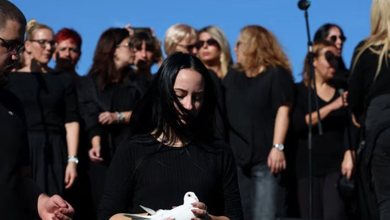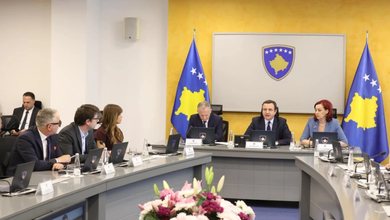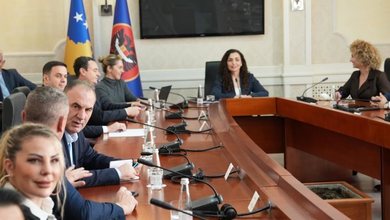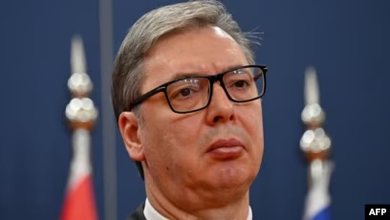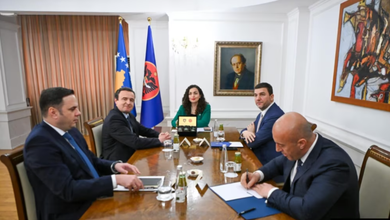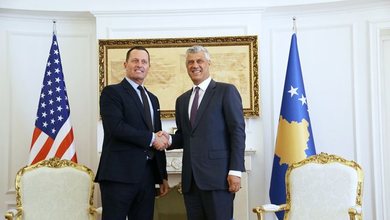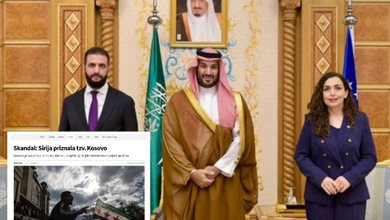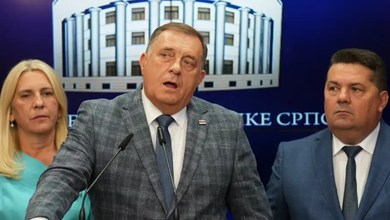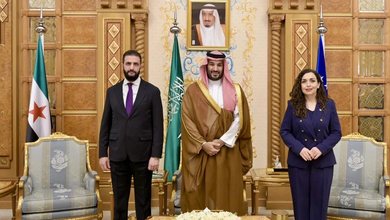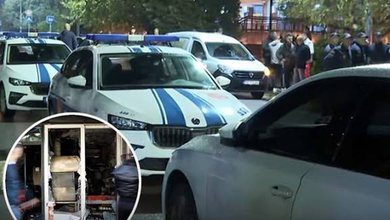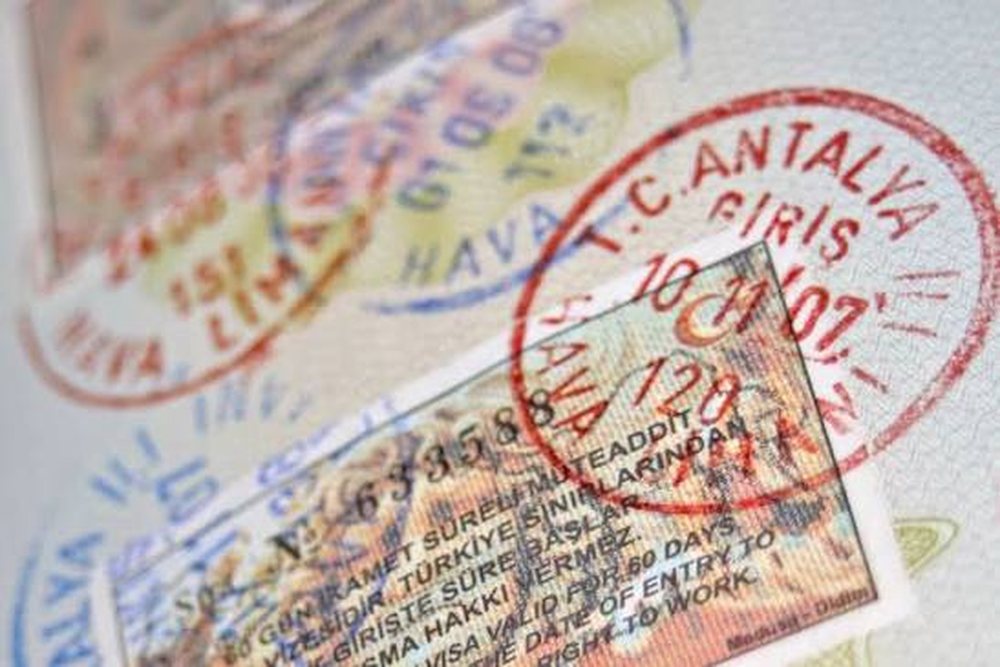
After several days of lynchings, attacks on Turks and the burning and destruction of their property, the anti-Turkish hysteria in Montenegro is calming down. The police are tightening their grip on foreigners. Turkish citizens will again need visas to enter Montenegro from October 30. This is the epilogue of several days of serious incidents, hate speech and anti-Turkish hysteria that have engulfed the streets and neighborhoods of the capital, Podgorica. It all started with a fight between several Montenegrin citizens and foreigners, the circumstances of which are still being clarified. A young man from Podgorica was injured in that case, and although Turkish citizens were identified as the perpetrators of the conflict, the police eventually arrested three Azerbaijanis and a Turk. In addition to the foreigners, who were carrying a knife, analysis of video footage of the incident shows that one of the Podgorica residents also had something in his hand, and authorities are still investigating what happened.
Meanwhile, a Turk and an Azerbaijani, who were accused of the attempted murder of a young man from Podgorica, have been released to defend themselves in freedom, because there is no evidence that they committed the crime. Overall, the incident led to an outburst of resentment against Turks, which turned into open xenophobia and hate speech.
The Prime Minister and the "wrong" visas
Prime Minister Milojko Spajic, on the same night that anti-Turkish protests and marches began in parts of Podgorica where foreigners own restaurants and shops, announced that Montenegro would restore visas for Turkish citizens. Ironically, most of the foreign nationals suspected of participating in the incident with Podgorica residents are Azerbaijanis. However, instead of considering all the circumstances, Spajic hastily decided to meet the demands of the road. “We see that in the previous days, when we had great challenges, the security sector responded appropriately and protected citizens of all nationalities, religions, identity profiles and all citizenships,” Spajic said.
He did not refer to the fact that for two consecutive nights, police heard and followed a crowd of people shouting: “Kill the Turk”, “Turks out” and “Turks should not be in this city”, which is punishable under Montenegrin law and gives the police grounds to disperse such gatherings. At the same time, eight other people were arrested for physically attacking foreign nationals or spreading hate speech against them on social media. The opposition told Spajic that “the state has failed its exam”.
Turks and the Montenegrin economy
The atmosphere of persecution of Turks was prepared in advance by inflammatory statements by certain politicians from the government ranks, who spread disinformation that there are 110,000 Turks in Montenegro, while officially there are 13,500. It was also said that “Turkey wants to re-conquer the Balkans by sending a large number of immigrants” and that “neo-Ottomanism” was in action. The fact is that their arrival in recent years has increased rents and real estate prices, and has certainly influenced the increase in some other prices and services. It is certain that they have also committed certain crimes in Montenegro, but not more than other foreigners on average. It has happened that foreigners from other countries, such as Serbia, Russia or Ukraine, have committed more serious crimes, but this has not caused chaos in the streets.
On the other hand, in the first eight months of this year, Turks have the largest foreign investments in Montenegro, with over 92 million euros invested. This is a fifth of the total amount of foreign investments, according to data from the newspaper Vijesti. Turks also own 14,500 companies in Montenegro, or one in five, and of the total 2.8 million passengers at the two Montenegrin airports last year, a fifth of them, or 560,000 people or 20 percent, were passengers flying between Montenegro and Turkey.
On the first day of the visa regime, at Montenegrin airports, as reported by Vijesti Television, there were no more than 40 people on incoming flights from Turkey. The previous average was 150. At the same time, some of the largest hoteliers warned that the Turks were canceling agreements and that the decision to introduce visas would directly affect the tourism sector, which is among the most important for the Montenegrin economy.
The tightening of migration policy
Prime Minister Spajic is also aware of this, saying that it is “madness, given that Montenegro is a tourist country, to tell someone that they are not welcome and that this is economic suicide”. On the other hand, he says that he will not allow anyone to abuse traditional Montenegrin hospitality.
The police have been working more on the ground in recent days and inform the public every day about the expulsion or cancellation of the stay of foreigners for violating regulations. Since the beginning of the year, almost 3,000 foreigners have already had their stay cancelled or expelled.
The government has also announced a stricter Law on Foreigners, so that they will no longer be able to open companies in Montenegro unless they also employ Montenegrin citizens. The conditions for granting them permits for their stay and work in Montenegro will also be more restrictive.
All this will be part of a new immigration policy, since the government has, in fact, paid no attention to it for years. Or, as many believe, it was convenient for large numbers of wealthy foreigners to come to Montenegro in order to fill the budget more easily.
It leaves a bitter taste that only a wave of xenophobia and hatred of foreigners forced the authorities to finally address this issue that they had repeatedly ignored./DW


